Tips For Planning a Home and Income
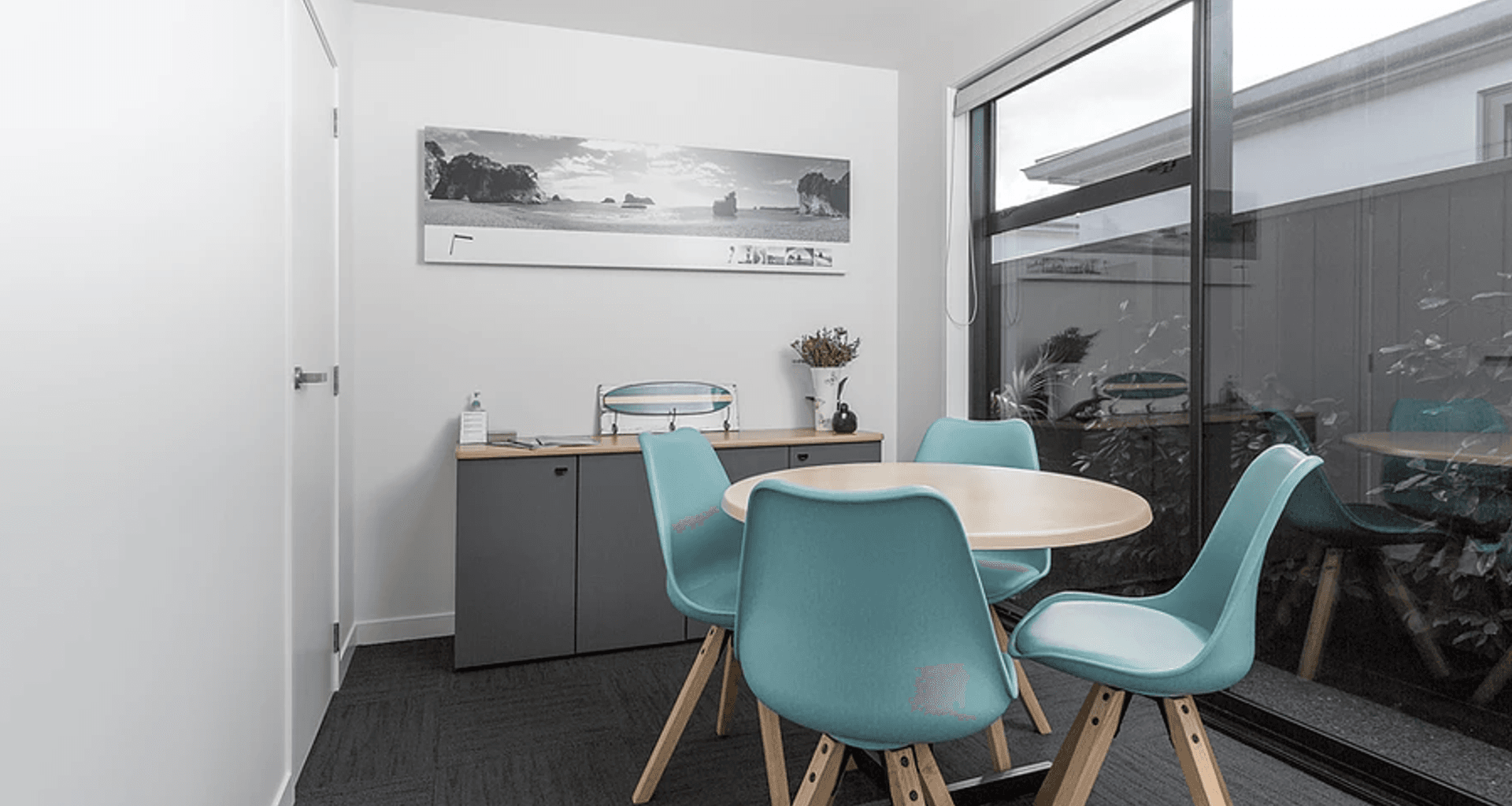
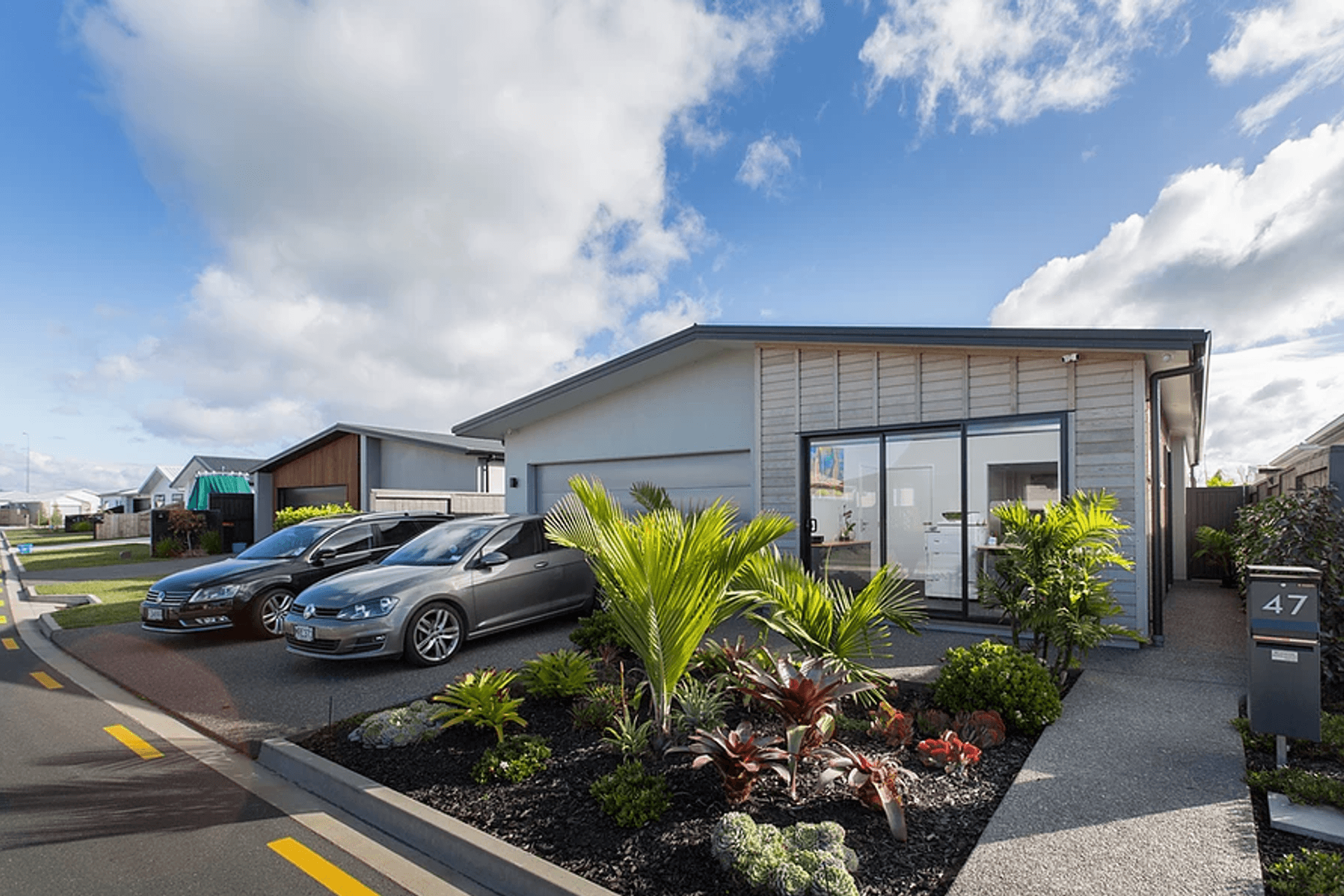
Combining home and income can involve a couple of different scenarios.
Home Business / Work from Home:
Firstly ensure that both the covenants (if in a subdivision) and the council will allow your particular business to operate from your home. If your home business complies, the same principles for planning room placement, separate entrances and noise mitigation should be applied.
Case Study: Home and income that includes the following:
- 3 bedrooms
- scullery
- large walk-in wardrobe
- Mudroom
- window seat
- covered outdoor
- 3 bathrooms (one large ensuite with bath and tiled shower, guest bathroom and shower room and extra toilet within the office/meeting room area)
- meeting room
- office with separate entrance
This was achieved within a 200sqm footprint on a 334sqm section. Below are some pictures of the outside of the home, the office and the meeting space. This is an excellent example of what can be achieved on a small site.
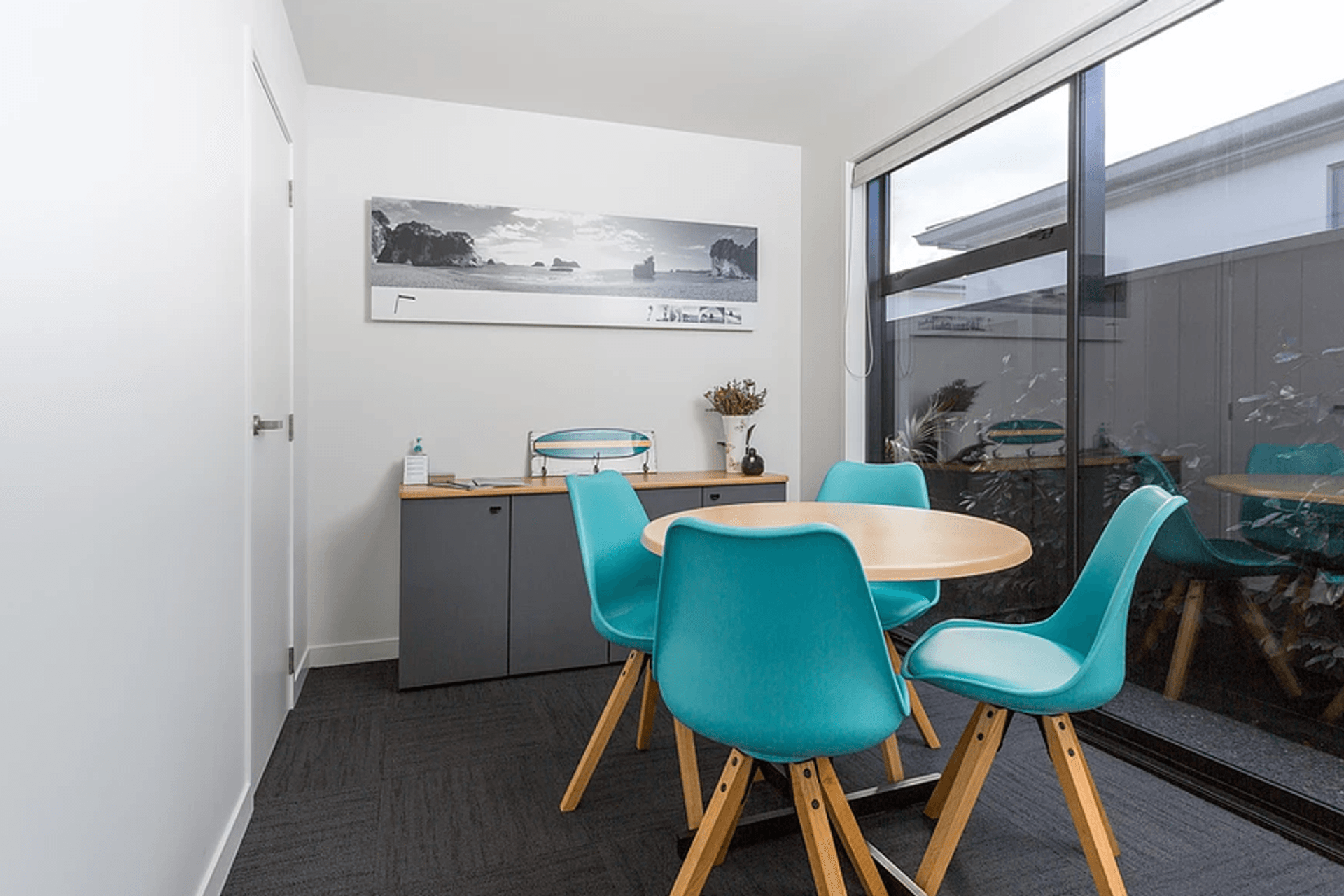
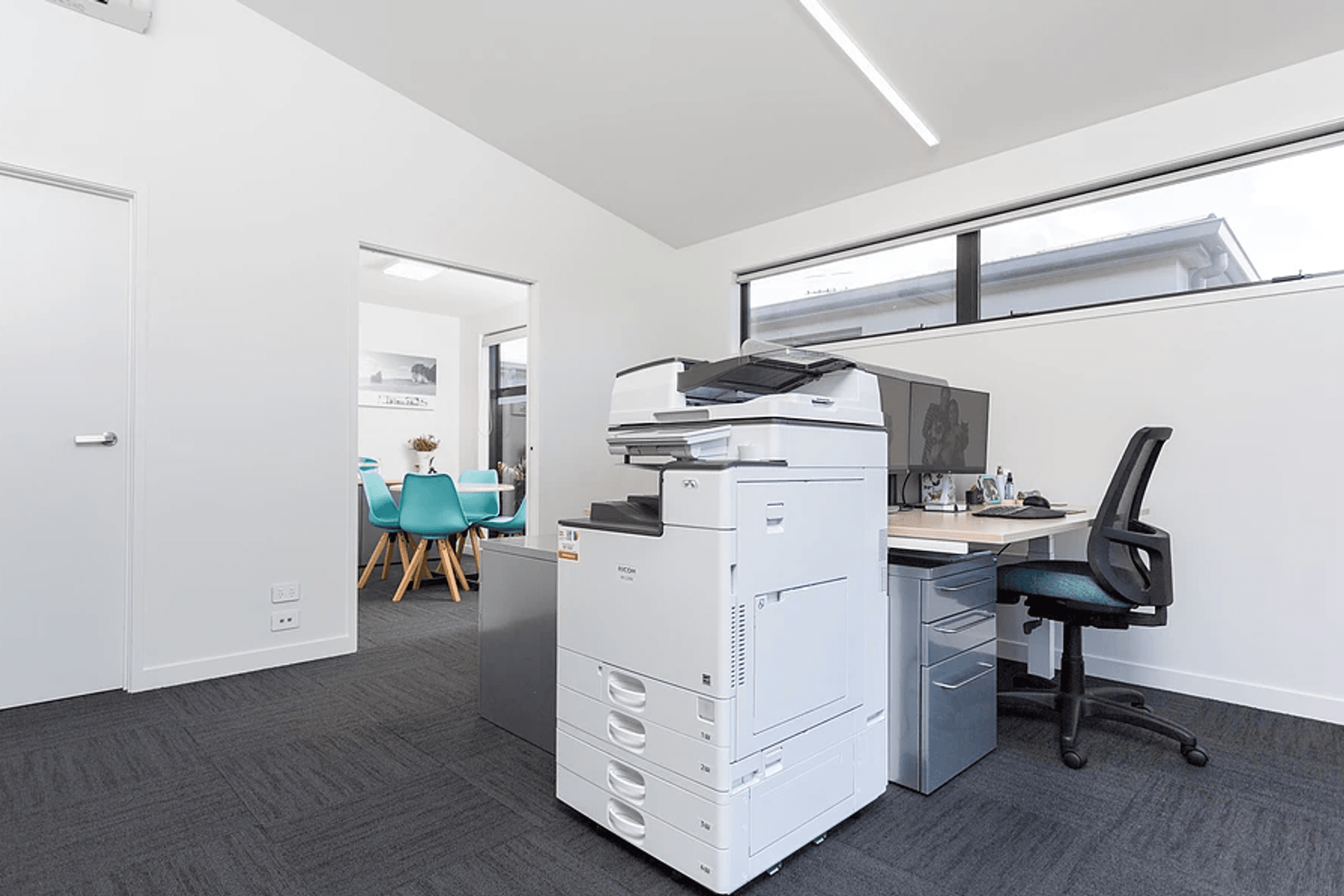
Case Study: Home and income that includes the following:
Create an in-home salon in the lower level of the family home based on Ocean Beach Road, Mt Maunganui. The salon must be accessible from off the road with a separate entrance. The salon needed to have a separate entrance with secondary internal access. After the consent was granted, the project had to be completed within 6 weeks.... after pics below.
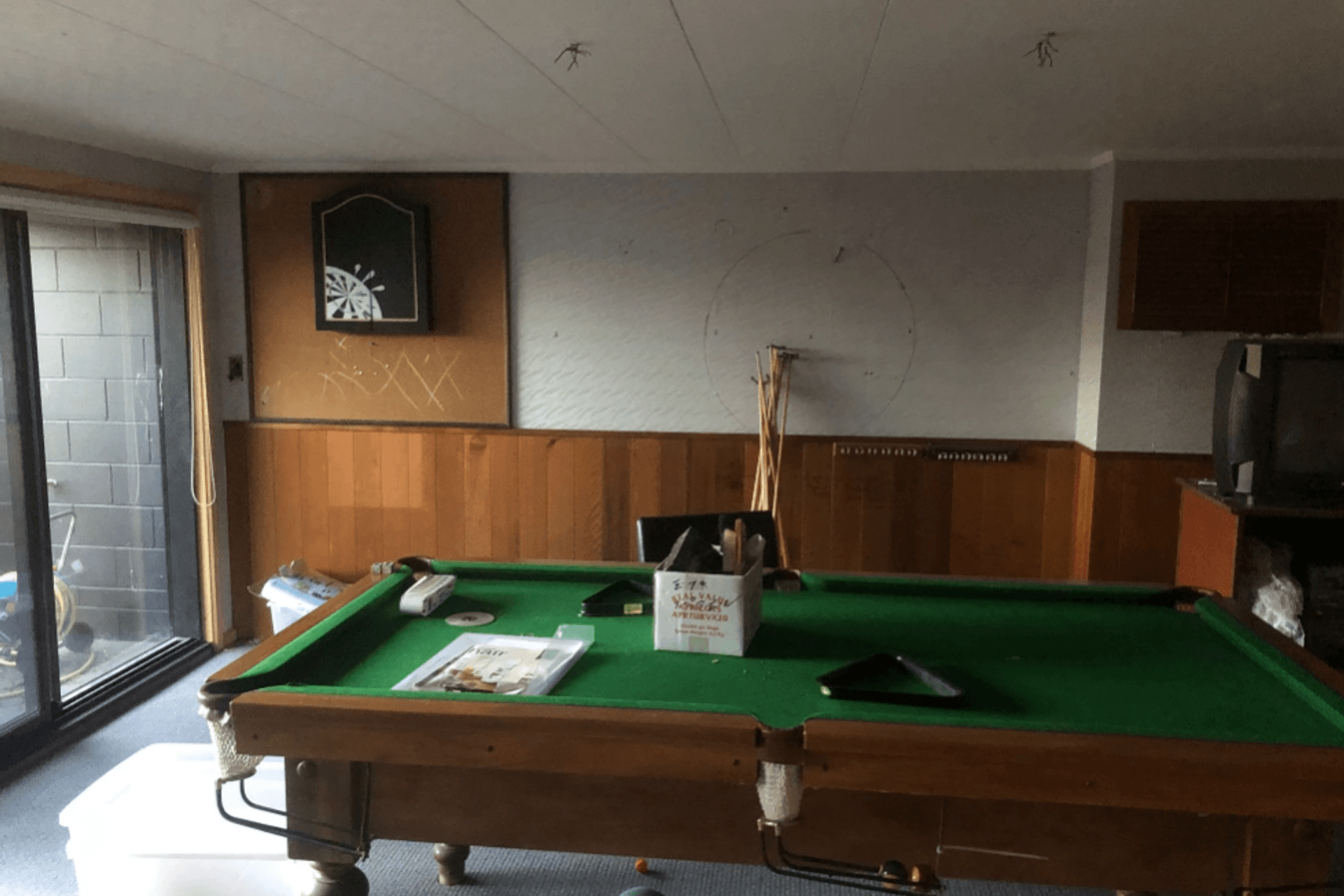
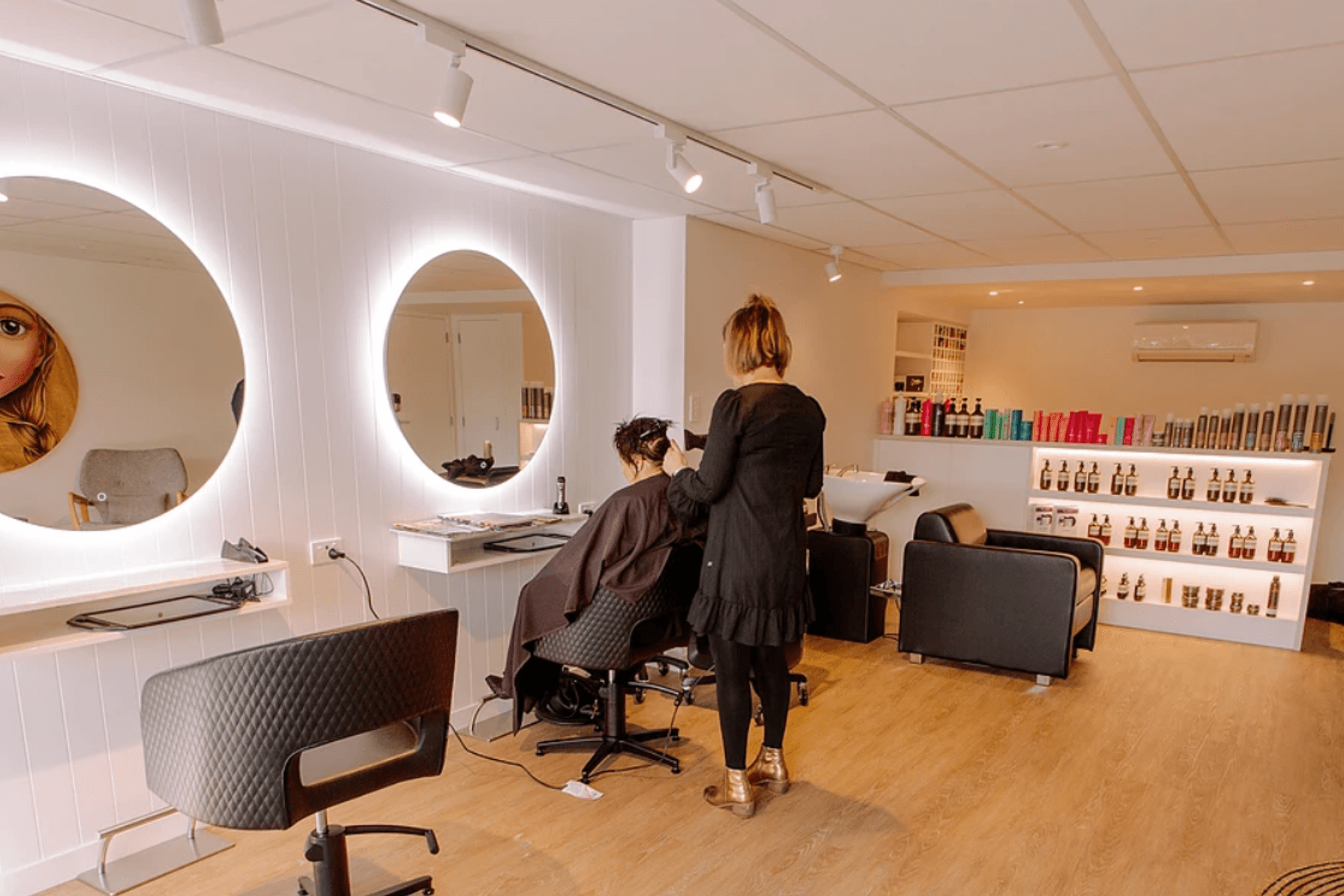
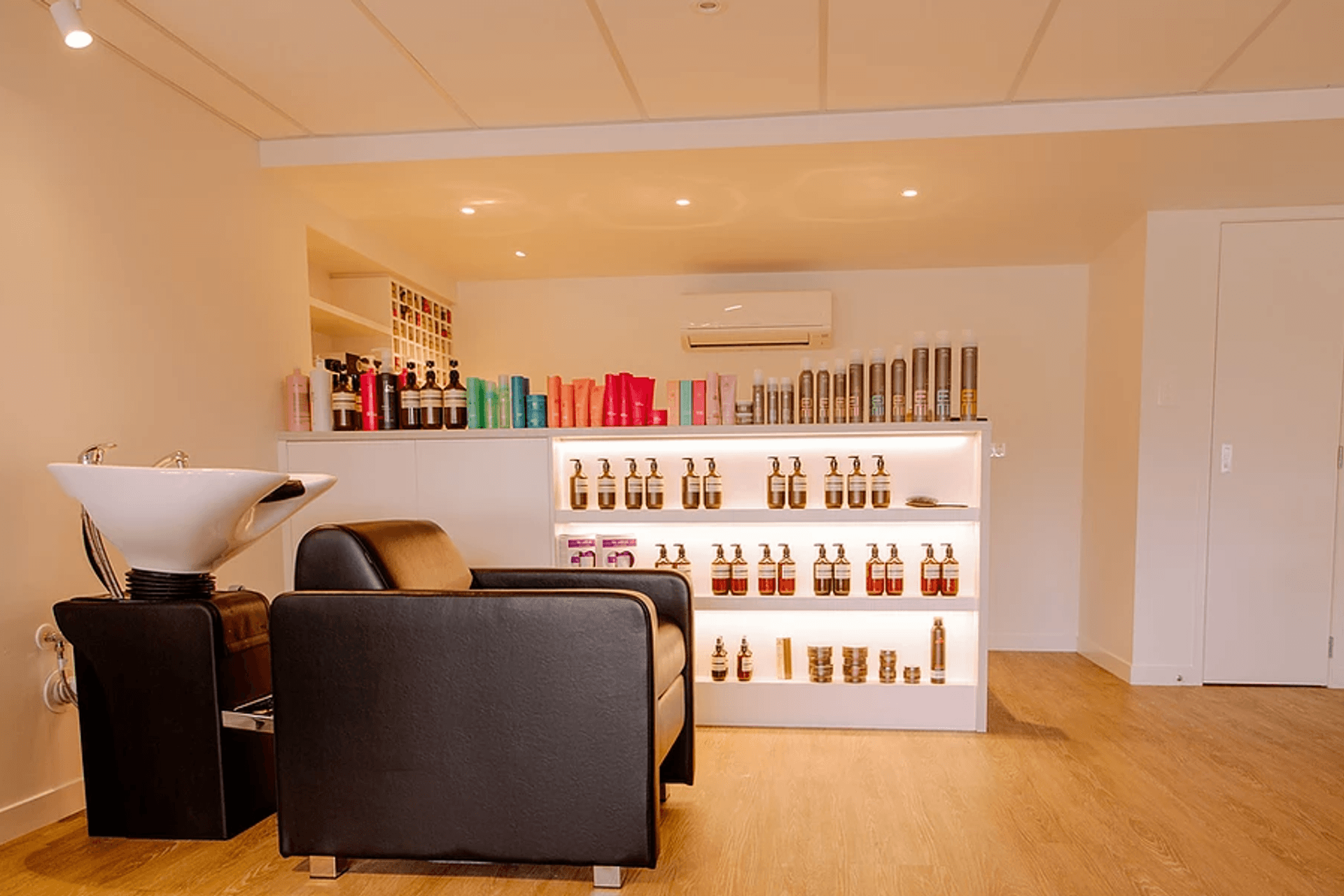
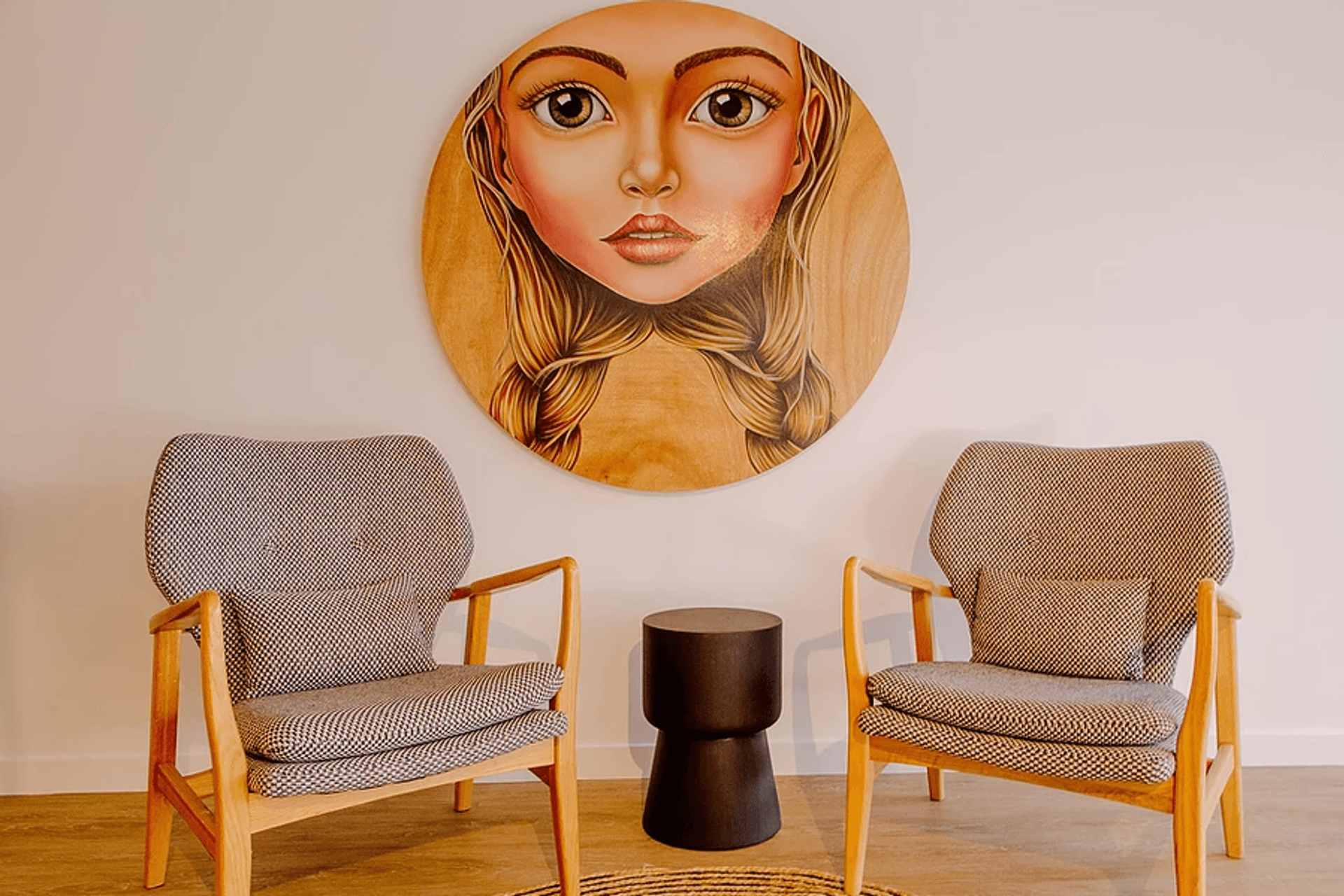
Guest accommodation:
Having a space that you can rent out on Airbnb or alternatively house a long term tenant is an option that many are now considering when building their home or undertaking an alteration. The first step is to ascertain what you are wanting by considering the following;
- Are guests likely to stay for the weekend or long term? Putting thought into how long guests will potentially stay will help establish what needs to be included within the guest accommodation.
- Will you need a guest kitchen / laundry / lounge? Knowing what facilities you want to provide will help determine the size i.e. bedroom, studio or separate unit? Long term tenants will have very different requirements to a weekend visitor.
- Section size, budget and any council regulations or site covenants will also be key determining factors in establishing the size. Regardless, layout should be carefully planned to ensure complete space optimisation. Note that your Architectural Designer will be able to advise you regarding any council regulations.
- How much do you want to interact with your guests? What is your primary motivation? Do you want to entertain overseas guests in a shared space or prefer that you both have your own privacy?
- Do you require a separate entrance for your guests? Having a separate entrance will give you both a lot more privacy, additional security and also assist with noise mitigation.
- How many additional cars do you want to accommodate? A couple may have a car each? Providing parking for guests / tenants, as well as additional visitor parking will need to be incorporated into the planning.
- Are you prepared to entertain with your tenant around and vice versa? You might also like to consider if you want a quiet space outside to read a book whilst your tenant is entertaining or playing music. Careful consideration when planning separate outside spaces is critical to making this situation work for both parties.
- How important is noise mitigation? If you like your peace and quiet then careful placement of rooms, bathrooms, kitchen and living areas is essential. In addition it may be worth considering installing noise reducing GIB and insulation.
